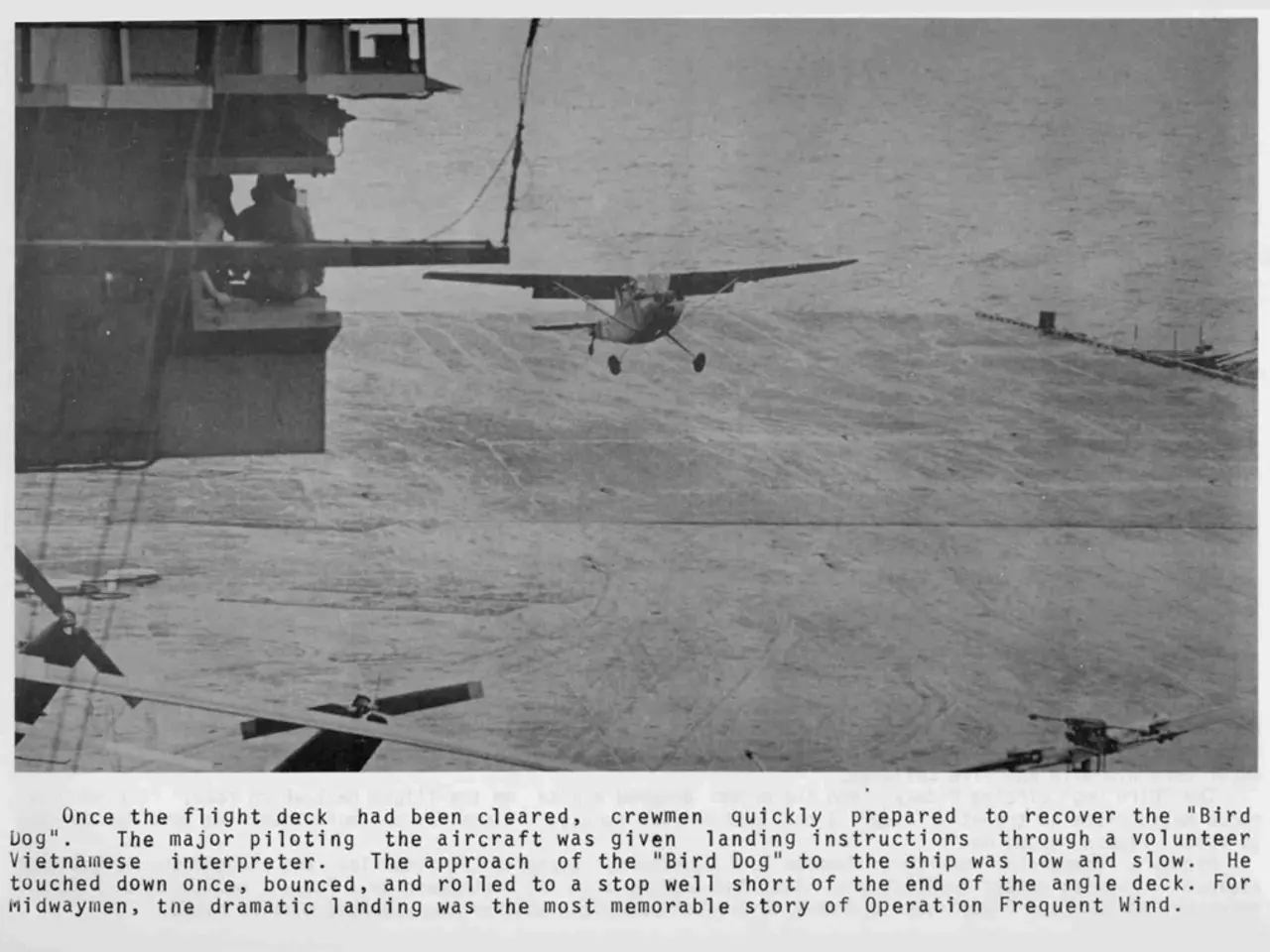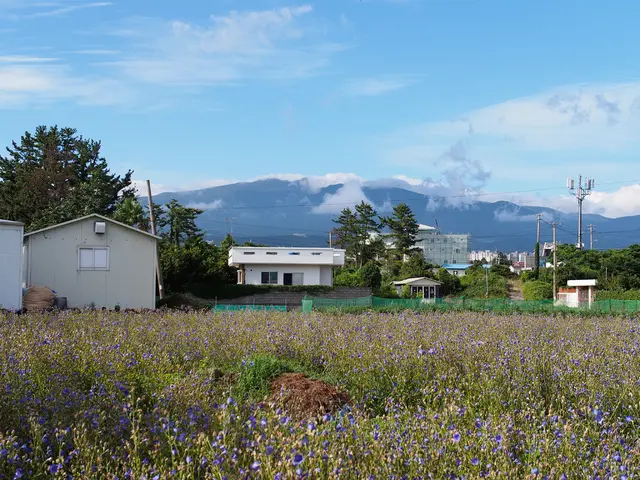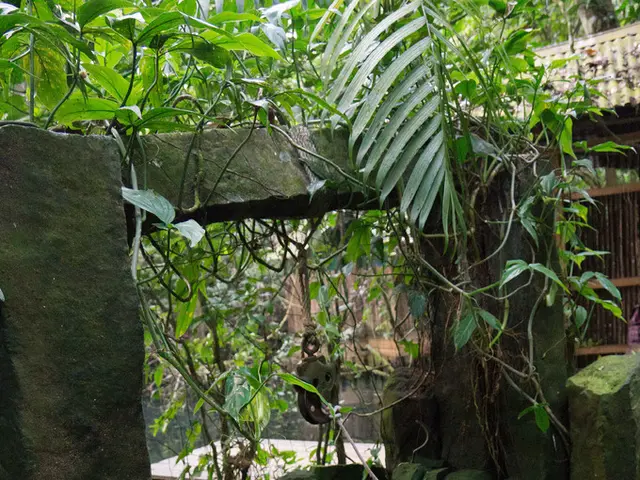South Korea announces mandatory use of eco-friendly jet fuel for all departing flights, starting from 2027.
In a significant move towards reducing carbon emissions in the aviation sector, the South Korean government has announced that it will mandate the use of sustainable aviation fuel (SAF) on all international flights departing from domestic airports starting in 2027.
The Ministry of Land, Infrastructure and Transport (MOLIT) is leading the charge, aiming to support the growth of South Korea's aviation and energy industries while promoting energy independence. The government's actions also align with global trends, including the International Civil Aviation Organization's carbon reduction goals and the European Union's ReFuelEU initiative.
To facilitate this transition, an industry alliance has been launched, bringing together airlines, refiners, and research institutions. This alliance serves as a platform for the growth of SAF production in South Korea. The government will create demand for SAF in Korea, helping local energy and chemical companies to develop such products and supply networks.
SAF is made from materials such as used cooking oil, waste, and renewable energy sources. It is designed to reduce carbon emissions in the aviation sector, with the potential to cut greenhouse gas emissions by up to 80 percent compared with regular jet fuel. This could significantly contribute to meeting carbon reduction goals in the aviation sector.
To ensure a smooth transition, a system will be set up to certify SAF quality and monitor prices. Officials will offer subsidies, tax benefits, and other support to help airlines manage related costs. The transport ministry has set a minimum blending ratio of 1 percent SAF for outbound flights in 2027, with the requirement gradually increasing to 3-5 percent in 2030 and 7-10 percent in 2035.
The government official stated that the introduction of SAF is not only about meeting climate goals but also about creating new business opportunities. By supporting the growth of SAF production, South Korea aims to reduce its reliance on fuel imports and contribute to the growth of its aviation and energy industries.
This move is a step towards reducing carbon emissions in the aviation sector and aligns with South Korea's commitment to addressing climate change. As the world continues to grapple with the impacts of climate change, initiatives like this one demonstrate the potential for governments, industries, and research institutions to work together towards a more sustainable future.








